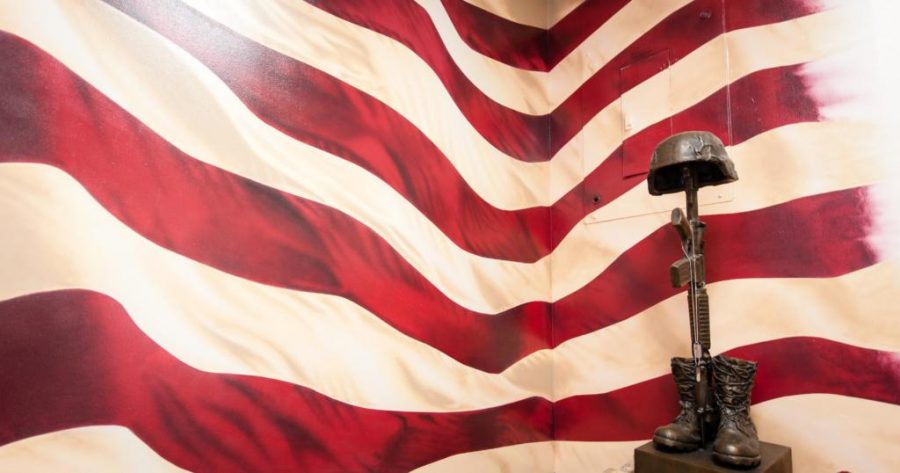Congress is currently debating a bill that attempts to curb high rates of veteran suicide by giving military members the choice to take an “Oath of Exit.” In this oath, veterans would state that they won’t take their own lives after leaving their post. According to the United States Department of Veterans Affairs, in 2014 an average of 20 veterans committed suicide each day. While the bill is meant to reduce this number, critics say it is not the solution.
The Oath of Exit Act is a section of the proposed 2018 version of the National Defense Authorization Act, which has already passed through the House of Representatives. It was introduced by Republican Rep. Brian Mast of Florida, who is also a veteran. The oath is a voluntary pledge for exiting service members in which the veteran promises to “not bring harm to [themselves] without speaking to [their] fellow veterans first.” Mast believes that because integrity and honor are significant to servicemen and women, if they pledge to do something, they will follow through.
However, suicide and military mental health experts like Craig Bryan, an assistant professor in clinical psychology at the University of Utah, think the bill could do just the opposite. In Bryan’s study, “Effect of crisis response planning vs. contracts for safety on suicide risk in U.S. Army Soldiers: A randomized clinical trial,” published in the January 2017 “Journal of Affective Disorders,” he found that “contracts for safety” do not lower suicide risk among U.S. soldiers, but “crisis response plans” do.
“Instead of asking someone to promise not to do something, we come up with a plan of what to do if they’re feeling suicidal or at risk,” Bryan said. “It’s more proactive. We found that it reduced suicide attempts by 76 percent as compared to the contract. It wasn’t just a little bit better, it was astronomically better.”
Crisis response plans operate on a similar premise to the exit oath, but with more specific outlines. The first step, according to Bryan, is sitting down and talking. Helping the veteran pinpoint their stressors and how to combat them through exercising, listening to music or going for a walk allows them to personally manage their lives. The next step is identifying a support system — people who the soldiers can reach out to, like friends and family and professional services.
“It’s a step by step plan that starts with knowing when you need help, taking care of yourself and utilizing your own personal strength and competency to manage things in your life,” Bryan said.
Paul Morgan, retired Marine and current director of the Veterans Support Center on campus, agrees with Bryan’s approach.
“Making [sure veterans are] aware of the resources and encouraging them to use [those resources] would be far more effective than a promise,” Morgan said. “If you are like so many other vets, you’re going to have moments where you feel pretty bad and you need to reach out. You won’t be the only one doing it.”
The Veterans Support Center offers peer mentors, counseling, free computers and printing, but according to Morgan, its most important feature is a community.
“There are vets in [the center] all the time helping each other,” Morgan said. “It’s a safe place to share and work out stuff peer-to-peer.”

















